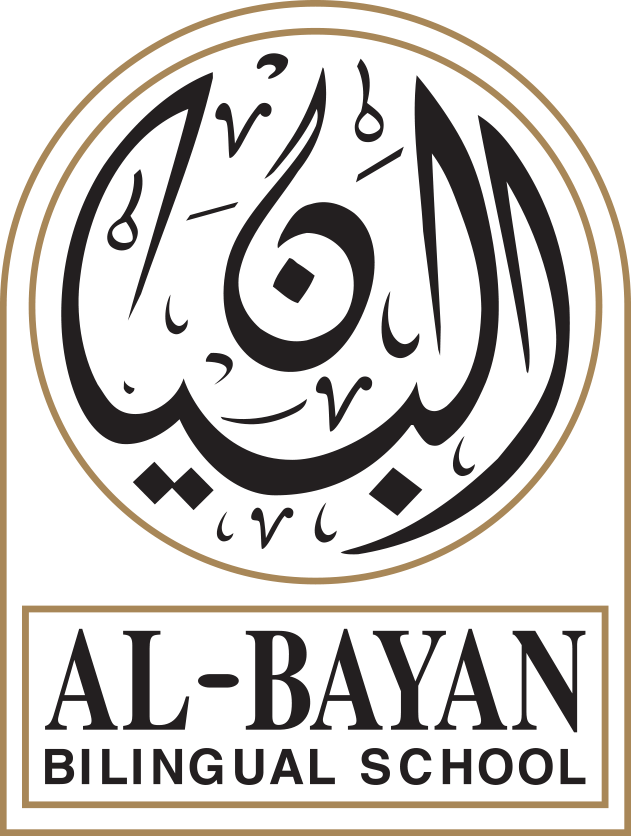Parents
Key Policies for Child Protection
These policies align with national laws, Kuwait's Child Rights Law No. 21 of 2015, and international standards.
1. Providing a Safe Learning Environment
- Commitment to preventing all forms of abuse (physical violence, bullying, neglect, or psychological harm).
- Continuous supervision within the school and during off-campus activities (e.g., field trips).
2. Reporting Abuse
- Clear mechanisms in place for reporting observed or suspected child abuse through the school CP officer.
- Staff trained to handle cases with sensitivity and confidentiality while adhering to local laws.
3. Awareness and Training
- Students, staff, and parents receive ongoing education about children’s rights and how to seek help when needed.
- Teachers are trained to recognize signs of abuse or bullying.
4. Partnerships with Relevant Authorities
- Collaboration with entities like the Child Protection Office under the Ministry of Social Affairs or the Ministry of Education to address critical cases effectively.
5. Zero Tolerance for Bullying
- Strict enforcement of anti-bullying policies to address any incidents of violence or discrimination.
- Implementation of programs fostering respect and equality among students.
Steps for Handling Complaints
-
Filing a Complaint:
- Direct complaints go to the designated Child Protection Officer (CPO) and Central Office Management.
-
Immediate Actions:
- Take urgent measures to ensure the child's safety, such as removing the alleged perpetrator if necessary.
-
Follow-Up:
- Work closely with the school and relevant authorities to resolve the issue.
Support Resources
- School Contacts: Reach out to the school’s administration or child protection advisor for assistance.
- Government Help: For severe cases, contact Kuwait’s Child Protection Office via the hotline 147.



